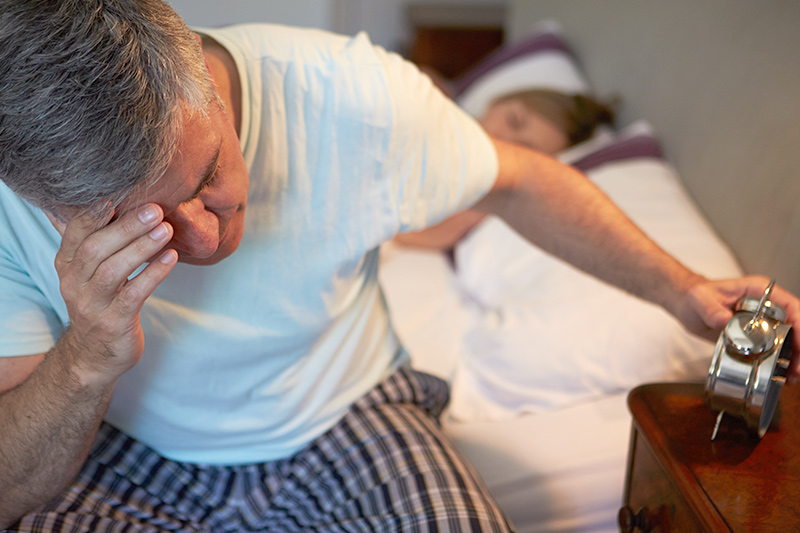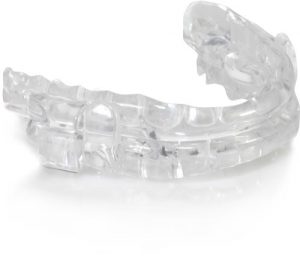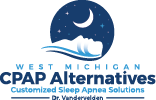I Wake Up Tired After A Full Night’s Sleep
Why Do I Feel So Tired When I Wake Up?
If you have sleep apnea, feeling tired in the morning is common. This is because sleep apnea disrupts your sleep cycle. While you may not notice these disruptions, they do impair your ability to progress through each stage of sleep naturally.
Untreated sleep apnea causes hundreds of these disruptions to your breathing during the night because your airway becomes blocked. To resume breathing, the brain will send waking signals to slightly rouse you from rest. This slight wakefulness disrupts the sleep cycle enough to cause sleep deprivation and fatigue.
The natural progression through each stage of sleep is important for feeling rested and rejuvenated. Disrupting this progression can have profound effects on your health, energy levels, mood, and cognitive abilities.


How Does Sleep Apnea Affect My Health?
One way that sleep apnea affects your health is through sleep deprivation. Sleep deprivation has well-researched effects on a person’s mood, memory, and energy. Without proper rest, a person can struggle with motor coordination, memory loss, irritability, and very low energy. Many people with untreated sleep apnea also suffer from depression.
There are other health issues associated with sleep apnea, too. Research has shown links to a number of systemic health conditions including cardiovascular disease, stroke, and diabetes. The erratic breathing patterns associated with this condition might weaken the heart and reduce oxygen intake.
Inadequate rest contributes to weight gain and hormonal imbalances as well, which have widespread effects on a person’s wellness.
What Are My Treatment Options?
While CPAP (Continuous Positive Airway Pressure) is the most common treatment for sleep apnea, it does not work for everyone. Custom oral appliance therapy is an effective treatment for many people with sleep apnea and is approved by the American Academy of Sleep Medicine for the treatment of sleep apnea and snoring. Oral appliance therapy involves wearing a custom made, mouthguard-like retainer while you sleep that positions the lower jaw forward to open the airway. This allows you to breathe and sleep better at night. Most people strongly prefer this over CPAP. Custom oral appliance therapy is covered by most medical insurances. Only Dentists with specialized training can provide custom oral appliance therapy. Other treatments for sleep apnea include a combination of custom oral appliance therapy with CPAP or surgery.
When thinking about whether to pursue sleep apnea treatment, it is important to remember that untreated sleep apnea can have serious health consequences including stroke, high blood pressure, early-onset dementia, and obesity to name a few.
All of this can be confusing and overwhelming. Dr. Vandervelden partners with board-certified sleep physicians to help determine what is best for you. To improve your health and the quality of life, schedule a free consultation with Dr. Vandervelden.

Custom Oral Appliance

